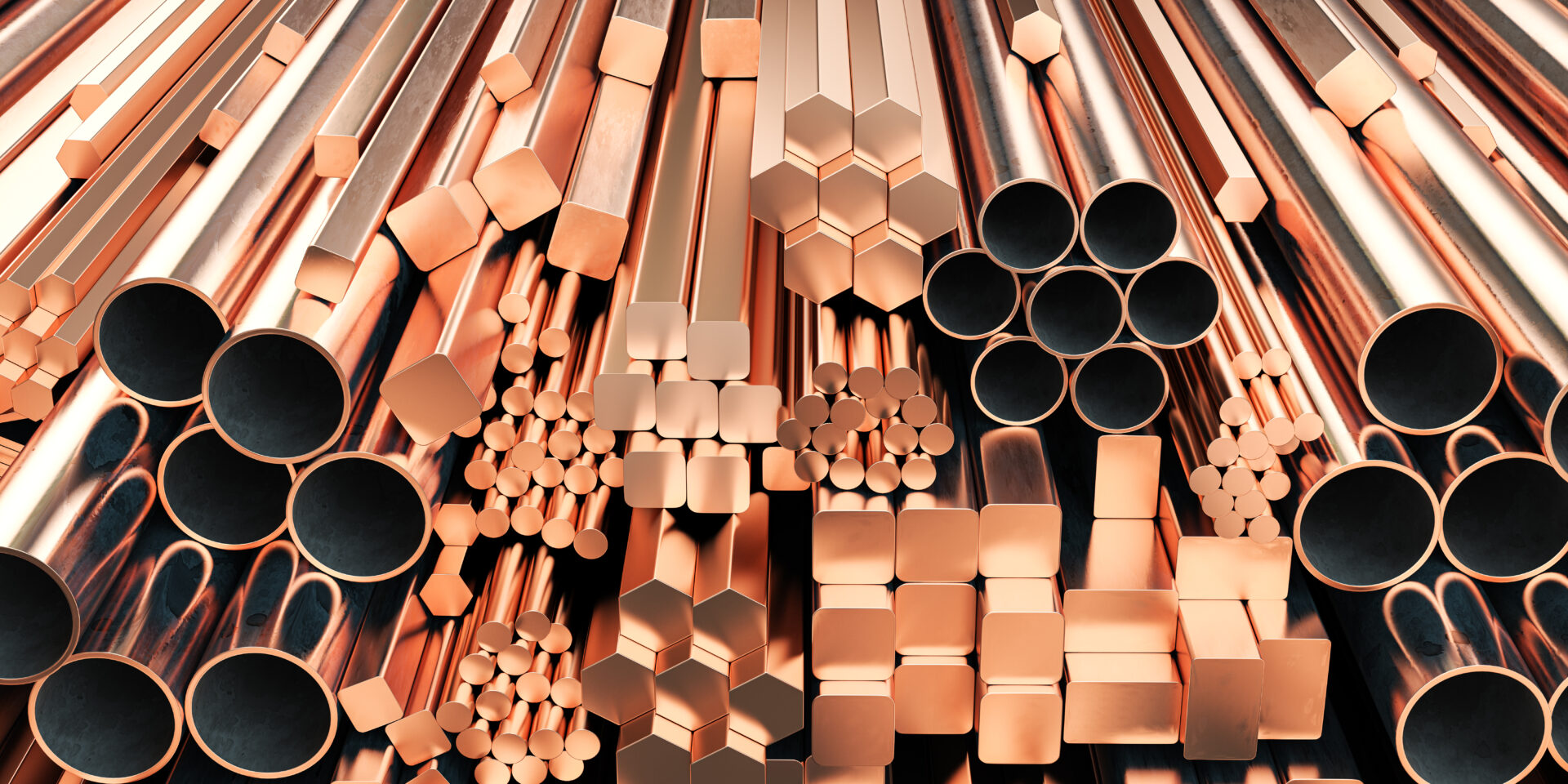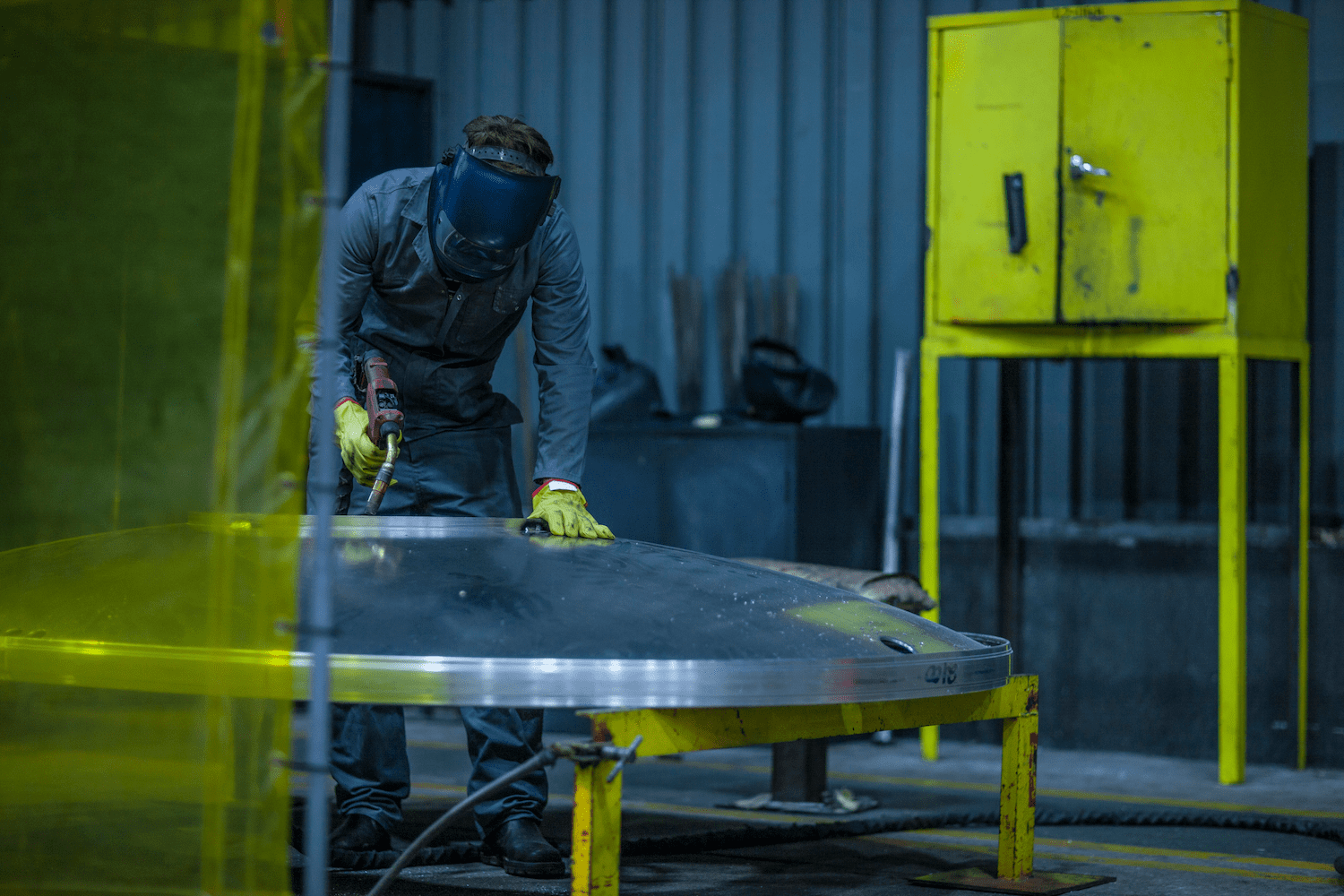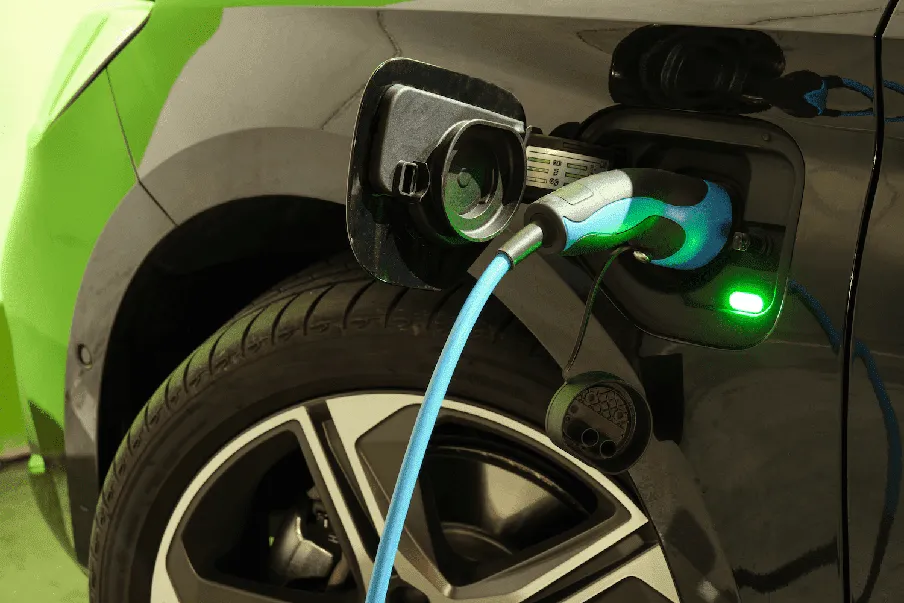
Scrap recycling and the environment; recycling is good for it.
Did you know that an old appliance in your home, like a used lamp or stove, can be crucial to the development of a healthy, cleaner environment? And that it can offer greater protections for our groundwater, air and wildlife?
Here’s the connection, it has to do with three key words: scrap metal recycling.
Because a focus on recycling scrap metal offers huge long term benefits for all of us. Most importantly, if new products like cars, appliances, houses and highways are built using recycled steel, this would significantly reduce construction costs.
There’s so much demand for scrap metal that the recycling industry has grown enormously. They have created jobs and generate tax revenue for cities and states.
And without a doubt, there are major environmental benefits when scrap metal is sent to recycling companies like GLE Scrap Metal instead of being placed in landfills. Because the chemicals inside those metals – like mercury – can contaminate the soil and water. And that poses serious health risks to people and wildlife.
Reversing that risk starts with a simple task. If people own something that contains metal – everything from appliances to lawn chairs to old lamps – and no longer want it, they can take these items to a recycler like GLE Scrap. This simple action is an environmental move that will reap major dividends for future generations.
How scrap metal recycling helps the environment
In November, there was a nationwide celebration, an annual event that highlights what Americans can do to help protect the environment. Nov. 15 was America Recycles Day, a national initiative by the nonprofit organization Keep America Beautiful.
Their goal: to raise awareness of scrap metal recycling, encourage more people to recycle their used metals, and highlight the benefits of doing so.
The Institute of Scrap Recycling Industries took part in this event, and the institute’s president, Robin Wiener, noted in a news release that “Each year America Recycles Day offers us a reminder of the critical role recycling plays in the earth’s sustainability, including its impact on the environment, energy savings, and the economy.”
As the institute noted, in 2016 the nation’s recycling industry transformed more than 130 million metric tons of used scrap into grade commodities for use in new products. That included items like:
• Metals
• Paper
• Plastics
• Glass
• Textiles
• Rubber
• and electronics.
And this begins at home.
Old products can become new ones

As ISRS points out, 70 percent of the recycled commodities processed in this country in 2016 ended up in Americans’ homes as newly purchased products. The items you send to a recycler today can become next year’s new household purchases.
This is not just a concern in the United States, there is a global scrap market eager for excess scrap from the U.S. In 2016, we exported more than 37 million metric tons of scrap commodities valued at $16.5 billion. Yes, billion.
At the same time, recycling facilities like GLE Scrap Metal create jobs and have generated nearly $117 billion in economic activity across the states, with companies paying $13.2 billion in federal, state, and local taxes.
Equally important are the environmental benefits of recycling, this process conserves our natural resources. If manufacturers couldn’t rely on the availability of recycled metals, they would have to mine for new ores to extract the metals from the earth. Mining uses up a lot of our natural resources, while recycling does not.
Recycling scrap metal also helps eliminate greenhouse gas emissions, since it reduces the amount of energy needed for mining ore. This allows us to use those energy savings for things like powering our homes, offices and cars.
Scrap metal is in high demand around the world, and raw scrap steel is among the top recyclable materials exported to other countries around the world. The demand is out there, now we need to increase our efforts and recycling rates.
Recycling our way to a clean environment
According to the U.S. Environmental Protection Agency, up to 20 million tons of municipal solid waste is generated in this country every year, but only 7 million tons gets recycled. This includes both ferrous and non-ferrous metals.
The good news, the EPA noted, is that scrap metal recycling has a clear benefit. The agency estimated that it contributed to the reduction of greenhouse gas emissions, the equivalent of removing 4.5 million cars from our highways for one year.
The recycling of non-ferrous metals offers a significant boost to the conservation of our natural resources. The EPA noted that recycling copper metal-based scrap helped provide up to 30 percent of the world’s source for copper. And it is a far more environmentally-friendly process than mining virgin elements from the ground.
Most of us are used to recycling by tossing our cans, plastic bottles, and newspapers into our municipal recycling bins. Many of us also have recycling bins at our offices where we toss in used paper and other office products.
So there’s no real barrier to establishing a regular habit of recycling our used household items that contain valuable metals.
Maybe you don’t know what items around your house contain precious metals. Well, here are a few examples:
• Old junk cars and trucks
• Lawnmowers
• Cast iron patio furniture or outdoor railing
• Car batteries
• Brass fixtures
• Lamps
• Christmas tree lights
• Copper and brass plumbing pipes, valves and connectors
• Screen doors
• Television cables
It’s just as easy to recycle these items as your plastic bottles and soup cans. And you can contact a recycler like GLE Scrap Metal to arrange to have these bulkier items picked up and removed.
Scrap Recycling and the Environment
As a premier scrap metal and electronic recycler, GLE Scrap Metal performs environmentally-friendly processing and recycling of all base and precious metals. Family-owned and operated, GLE strives to protect our natural resources and help conserve energy through environmentally friendly scrap recycling. The scrap metal you bring to GLE will be processed and supplied to global end-users to be transformed into new products.
GLE Scrap Metal is continually training its staff on environmental procedures, and we follow the guidelines of the Occupational Safety and Health Administration and Institute of Scrap Metal Recyclers. We also work closely with professional environmental consultants to maintain compliance on all existing and future environmental laws and standards.
Call GLE Scrap Metal today at 855-SCRAP-88 to request a quote.



